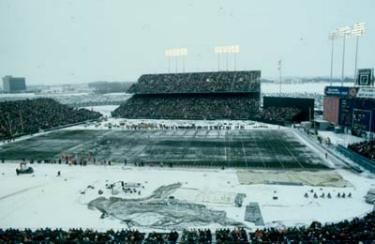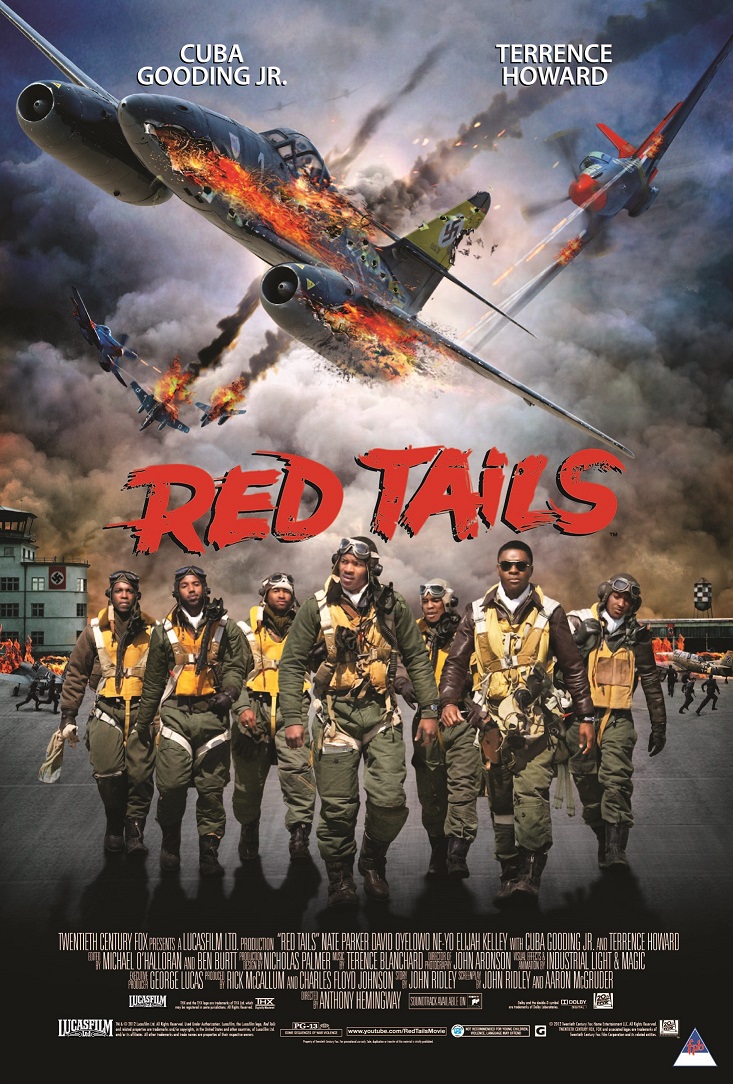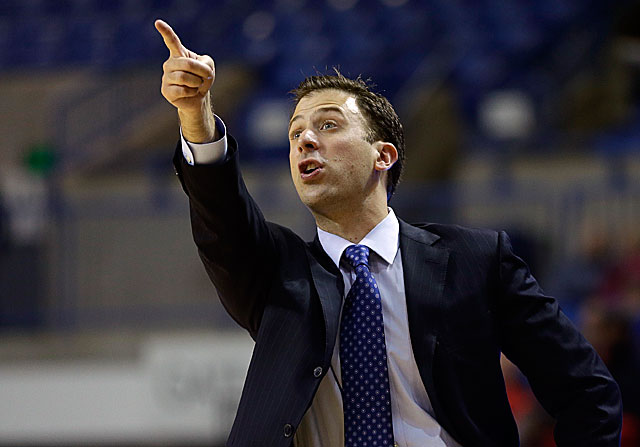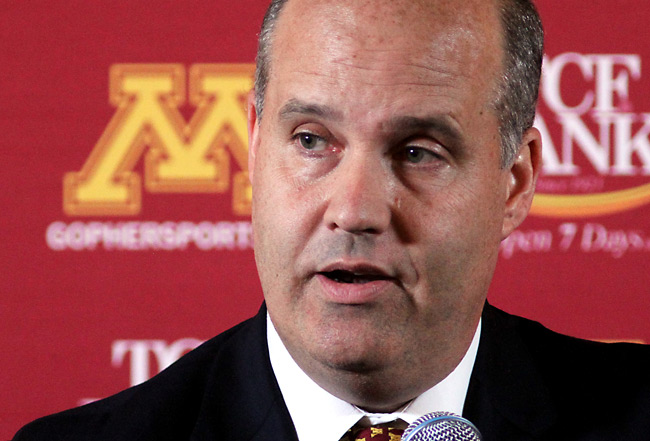It was such a delight to see so many people turn out for the UMM
symphonic winds concert. I'm an old-timer so I call it "band." In the
old days we had the band/orchestra dichotomy. You had your choice:
strings or brass. Of course, sometimes the most agreeable choice is a
combination of the two. We've seen UMM symphonic winds director Simon
Tillier employ singers too. What it's all about is wonderful music.
"Wonderful" describes what we experienced on Sunday, April 28, at
the music/arts building on campus. It was a concert in memory of Ralph
Williams, the original UMM music faculty person who laid the groundwork.
Williams worked across the board with brass, strings, vocalists -
the whole gamut. He didn't hesitate to do more than what was technically
required of him.
Concerts in those heady early days of UMM were at Edson Auditorium.
We gained visibility by having the UMM men's chorus travel to Seattle
WA and New York City for the world's fairs of 1962 and '64,
respectively. UMM was making inroads on many fronts. Everyone got
familiar with the "Cougars" nickname.
Ralph composed the UMM Hymn which was like a sentimental paean
celebrating our campus and rural setting. No big city distractions here.
UMM clearly stated its niche: liberal arts. There were times when I
felt the focus was a little too narrow and limited. But all these years
after UMM's founders did their work, the campus seems most vibrant. We
can sing the praises of liberal arts which I guess we can conclude have
timeless value.
What stood out most at Sunday's concert? Was it the audience size?
We were a little concerned that the Assumption Church confirmation might
hold back the numbers. Well, maybe there weren't as many Catholics in
the seats as there might have been - who knows? - but the turnout was
terrific. The cookies ran out for the post-concert reception.
We were thrilled about the multiple standing ovations during the
performance. What inspired performing! The piano playing of Therese
Sutula should be videotaped and recorded and sent to PBS. George
Gershwin's "Rhapsody in Blue" was unforgettable.
Again, what stood out most at Sunday's concert? It was everything.
My mother Martha and I were humbled and honored. Ralph was my dad.
The only thing better than the concert would be to have Dad still alive
and with us. He left us for that grand auditorium in the sky on February
2. We were blessed to have him at home with us until the end.
The April 28 concert began with a J. Wesley Flinn arrangement or
interpretation of Ralph's UMM Hymn, called "Plains and Pines - Fantasia on the UMM Hymn." I
had a tear or two trickle down my face. Kudos to J. Wesley.
Director Tillier programmed various works for this concert that
reflected Ralph's life and musical tastes. The printed concert program included
an extensive profile of Ralph's life. His adventure fighting the great
Glacial Park fire of 1936 was included, along with his trip into Tokyo
as a U.S. Naval officer shortly after the end of World War II. He saw
the immense devastation in that city.
The 1950s saw him direct the 120-voice Minneapolis Apollo Club male
chorus. I was born in 1955 and spent my first five years in St. Paul.
The fact I could take kindergarten in Morris (Miss Feigum's class, East
Elementary) and go K-12 here means I'm considered a Morris native for
all practical purposes.
We continued visiting the Twin Cities through the years. We'd dine
at the old Forum Cafeteria and shop at Dayton's. But mostly we were
devoted to Morris. I graduated from high school in 1973 which was the
year J. Wesley Flinn was born, the program informs me.
I've been around a lot of music in my life but I saw a "first" for
me at Sunday's concert: mutes for the heavy brass instruments, you know,
tuba.
Tillier had a fleeting encounter with my father last fall. I'm so
glad he and my dad got to exchange a handshake outside the Recital Hall
after the Homecoming concert.
I'm so glad that at this stage of my life, I can pay more attention
to music than to football. In my media career I got drawn into sports a
lot. Football is falling into a state of siege because of all the
health-related concerns being raised. The emotions surrounding sports
bother me sometimes. There is nothing but joy surrounding music.
I was glad to see my old newspaper boss Jim Morrison at the
concert, with wife Liz (the former Liz Martin, how I knew her in high
school). Jim's parents Ed and Helen Jane have made a generous donation
to improve the art gallery in the HFA. It's across the hall from the
recital hall.
My mom and I made a donation which Tillier informs us will go
toward developing a new music department asset, the details of which
I'll share when I know more later.
Two more suggestions for the HFA building: how about "power doors?"
The existing doors can seem a little heavy and challenging. And, how
about increased restroom facilities on the main floor? Some people used
the elevator to use the basement restrooms during intermission Sunday.
I was pleased seeing our Morris Public Library director, Melissa
Yauk, at the concert. UMM Chancellor Jacqueline Johnson graced the event
with her presence.
We wish to thank Adiroopa Mukherjee, feature editor of the
University Register, for the fine concert preview article in the April
25 issue. Mukherjee wrote about Williams' "undying legacy."
So, even though it was a memorial concert, it was a reminder that
the qualities Williams instilled will never die or go by the wayside.
Thanks everyone.
- Brian Williams - morris mn minnesota - bwilly73@yahoo.com

























